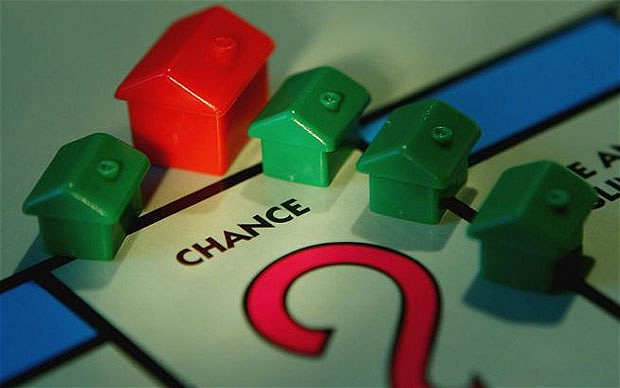The BBC has a rather helpful section on its website devoted to managing personal finances. It's called BBC Capital, and a recent article there offers some advice on what homeowners and investors can do if they have a property that turns out to be particularly troublesome.

The article states that the advice here isn't just about reorganizing your mortgage payments, but rather, it's instructions on what to do if “the roof starts to leak or the property taxes increase or you lose your job”.
The writer, Kate Ashford advises four solutions as a starting point to solving your problems. First, you need to pinpoint the problem. Is it a cash flow problem or a cash management problem? In other words, are you in trouble because you aren’t making enough income to cover what it costs to own your home? Or are you doing a poor job of budgeting and spending too much money on nonessentials every month?
Second, determine your timeline. Is this a temporary issue, such as a job loss or a spouse leaving work to care for a baby? Can you fix it with a new, better-paying job or slashing costs significantly until your spouse can go back to work?
Third, you should discuss it with your mortgage broker. If you get behind on your mortgage payments, it might feel daunting to have a conversation with your lender. If you’re really in danger of missing a payment, though, give your lender a call — there might be options for refinancing your loan. Many lenders also offer a payment grace period, after which a late charge is issued. If you know your payment is going to be late, call ahead to let your lender know and you may be able to get the fee waived — but probably not repeatedly.
Finally, you need to find some objective help. If you aren’t making headway or can’t make a decision, consider enlisting the help of a financial advisor who can go through the numbers with you. A planner can put together some visuals that help you understand what will happen to your financial future with and without your expensive house.
And if none of these help to solve whatever problem you have, it's simple. You ditch it instead.
“If you truly can't afford your home, or if it's costing so much that you're in danger of running out of money in retirement or not being able to meet other goals – it's time to consider selling it and buying something cheaper, or consider renting for a while,” she says.
Do you agree or disagree with Ashford's methods? Let us know in the comments section below.